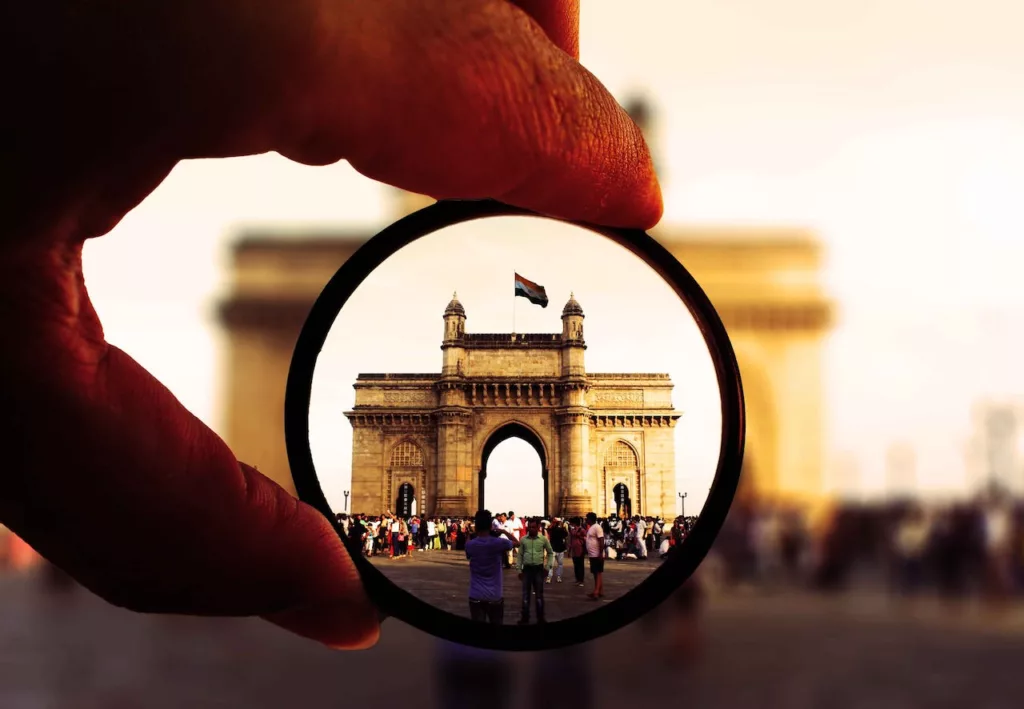Traveling to Ghana soon?
Taking precautions to avoid malaria is a top priority – especially with a large percentage of the country being at a medium-to-high risk of contraction.
Preventive malaria medications are often discussed as well.
In this article, we’ll cover everything you need to know about malaria in Ghana – and how you should approach antimalarials.
Should You Take Preventive Malaria Meds for Ghana?
Yes, most doctors recommend antimalarials for travel to Ghana – especially in high-risk parts of the country.
Oftentimes, protective clothing and insect repellent are not enough.
The risk of contracting malaria in various regions of Ghana is significant, making preventive measures a wise choice.
What Areas in Ghana Are High Risk?
Ghana’s high-risk areas for malaria transmission include:
- Northern Regions: This includes places like Tamale and Bolgatanga.
- Coastal Regions: Cities like Accra and Cape Coast are not exempt from malaria risks.
- Volta Region: Areas around Ho and Keta are known to have higher transmission rates.
Understanding these regions allows travelers to tailor their preventive strategies accordingly.
What Antimalarial Medications Are Best for Travel?
1) Malarone (Atovaquone: Proguanil)
Is Malarone effective?
Malarone is highly effective in preventing malaria. It’s a combination of atovaquone and proguanil, offering robust protection with minimal side effects.
What about side effects?
Malarone is known to have relatively-low side effects (compared to the alternatives below), making it a popular choice for travelers.
How long should I take Malarone?
Typically, most travelers will begin taking Malarone 1-2 days before entering the malaria-prone area, and continue daily during your stay. After leaving the area, dosing is typically continued for 7 days.
Is Malarone suitable for everyone?
While generally well-tolerated, consult with a healthcare professional to ensure it’s suitable for your specific health conditions, and any medications you might be taking.
How much does Malarone cost?
If you go through primary care (or standard travel clinics), the cost for malarone can get expensive. However, Runway Health offers below-retail pricing, with online consultations and prescription delivery to your doorstep.
2) Doxycycline
Is Doxycycline effective for malaria prevention?
Yes, Doxycycline is effective, but it’s a daily medication that should be taken starting a day before entering the malaria-prone area and continuing for 4 weeks after leaving. On the other hand, Malarone is 1 week.
What are common side effects?
Many users report moderate-to-severe sun sensitivity, disorientation, and nausea. Keep in mind – this can hinder your travel experience, making it difficult to enjoy the trip.
Who should avoid Doxycycline?
Individuals with a history of certain medical conditions, pregnant women, and children under 8 years old should consult with a doctor, as it may not be suitable.
3) Lariam (Mefloquine)
Is Lariam a good choice for malaria prevention?
Lariam is an alternative with a less frequent dosing schedule, but effectiveness may be lower. Similar to Doxycycline, potential side effects of Mefloquine should also be carefully considered.
Are there regions with Mefloquine-resistant strains?
Yes, in areas with Mefloquine-resistant strains of malaria, Lariam may be less effective. These areas are scattered throughout many countries in Africa, including Ghana.
What About a Vaccine?
Unlike some travel-related ailments, there is no malaria vaccine currently available in the United States. Antimalarial tablets remain the primary defense against malaria in Ghana.
Malaria FAQs
Is it possible to avoid malaria without medication?
While precautions like insect repellent and protective clothing help, antimalarial medication is a crucial additional layer of protection.
Relying solely on clothing and repellent leaves a significant gap in your protection.
Antimalarial medication provides a crucial additional layer of safeguarding, offering a more comprehensive shield against the risk of infection. It acts as a proactive measure, especially in high-risk areas such as Ghana, where the prevalence of malaria-carrying mosquitoes is a constant threat.
Can I get malaria from a single mosquito bite?
Yes, the transmission of malaria from a single mosquito bite is possible. This underscores the critical importance of taking preventive measures seriously.
The emphasis on antimalarial medication, coupled with other precautions, becomes even more crucial in avoiding the risk of contraction, among every mosquito encounter.
What if I miss a dose of my antimalarial medication?
Never double-dose in a single day.
Consult your healthcare provider for guidance. It’s crucial to adhere to the recommended dosage schedule.
Should I continue taking antimalarials after leaving Ghana?
Yes, depending on the specific medication, continuing after departure is often recommended to ensure complete protection.
- The duration of post-travel medication varies based on the specific antimalarial drug prescribed.
- Continuing the medication after leaving the malaria-prone area ensures that any potential parasites contracted during the stay are effectively eliminated.
- This post-exposure prophylaxis is a crucial step in completing the preventive process and ensuring comprehensive protection against malaria.
Always follow the guidance provided by your healthcare professional regarding the appropriate duration of post-travel antimalarial medication.
Are antimalarial medications safe for long-term use?
Antimalarial medications are generally safe for short-term use, as prescribed for travel purposes.
However, the safety of long-term use may vary depending on the specific drug.
- It’s essential to consult with your healthcare provider if you are considering prolonged use, especially if you have any underlying health conditions or are taking other medications.
- Your healthcare professional can assess the potential risks and benefits, guiding you in making informed decisions about the duration of antimalarial medication use.
- Always prioritize your health and well-being by seeking expert advice for extended preventive measures.
Final Thoughts on Malaria in Ghana
Keep in mind – the risk of malaria in Ghana is a significant concern, throughout most of the country.
Taking preventive measures, including the use of effective antimalarial medication, is strongly advisable.
Consult with a healthcare professional to determine the most suitable option based on your health history and travel plans. Prioritize your health and well-being by being proactive in preventing malaria during your stay in Ghana.

